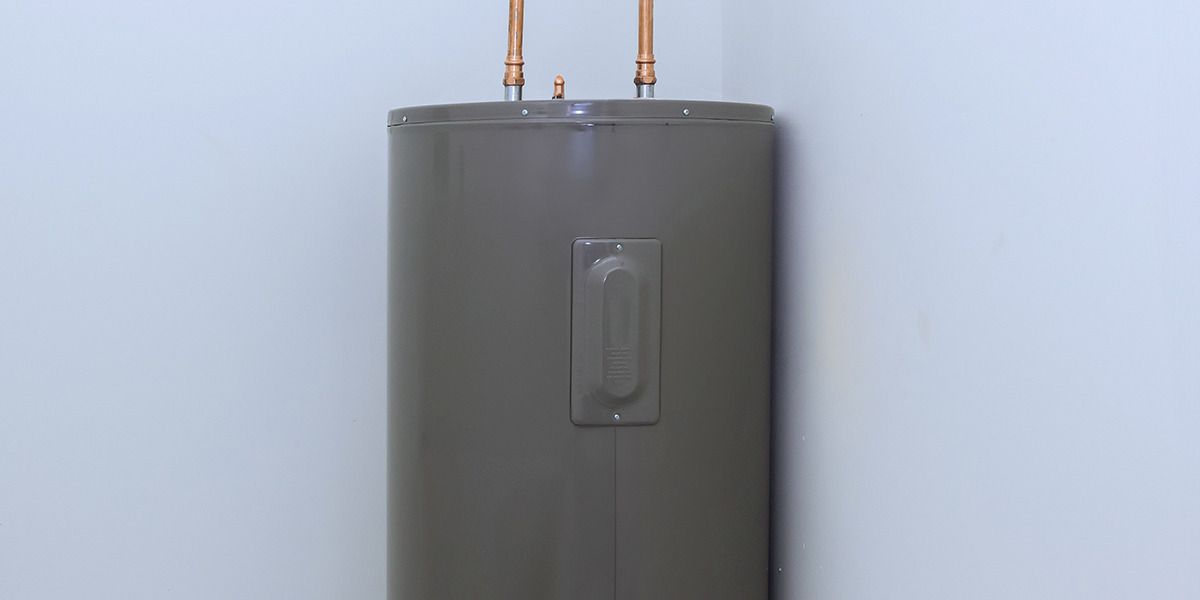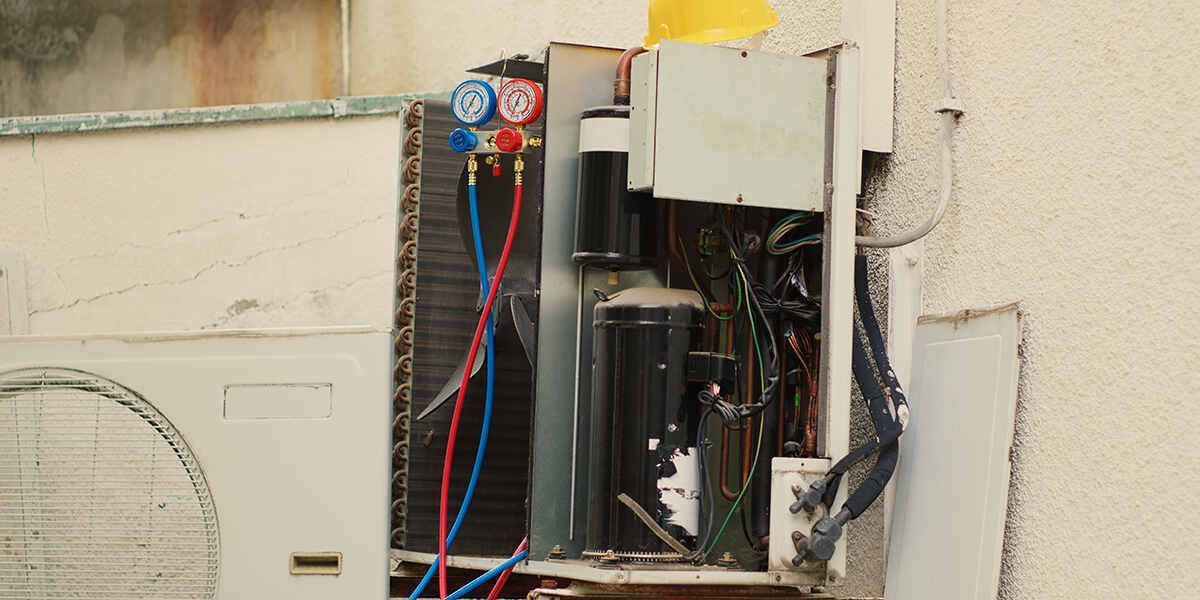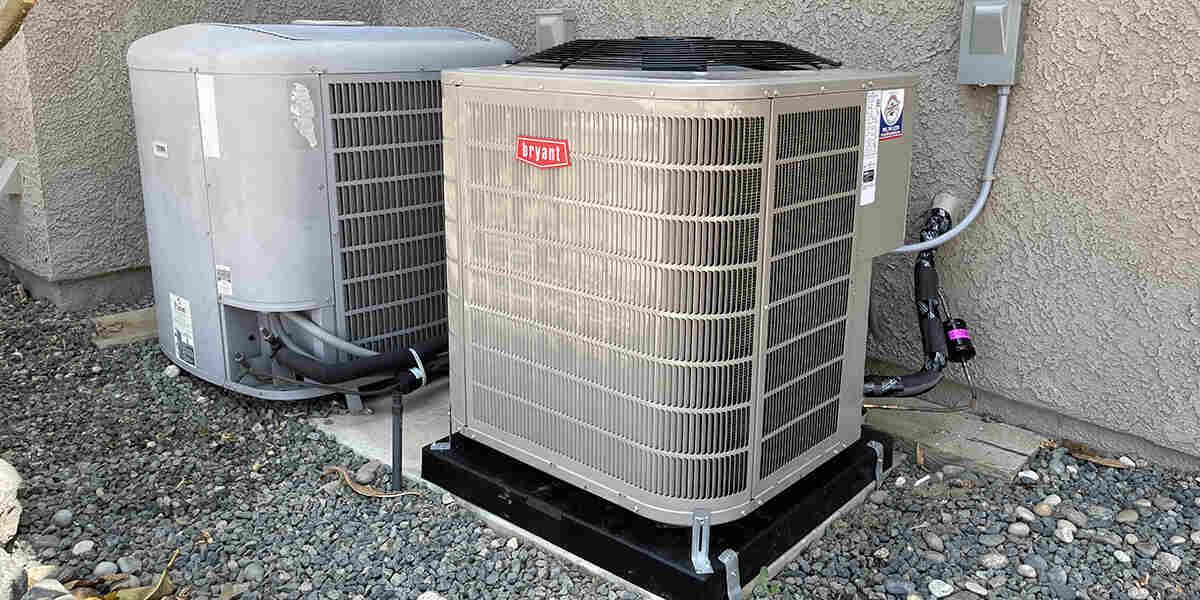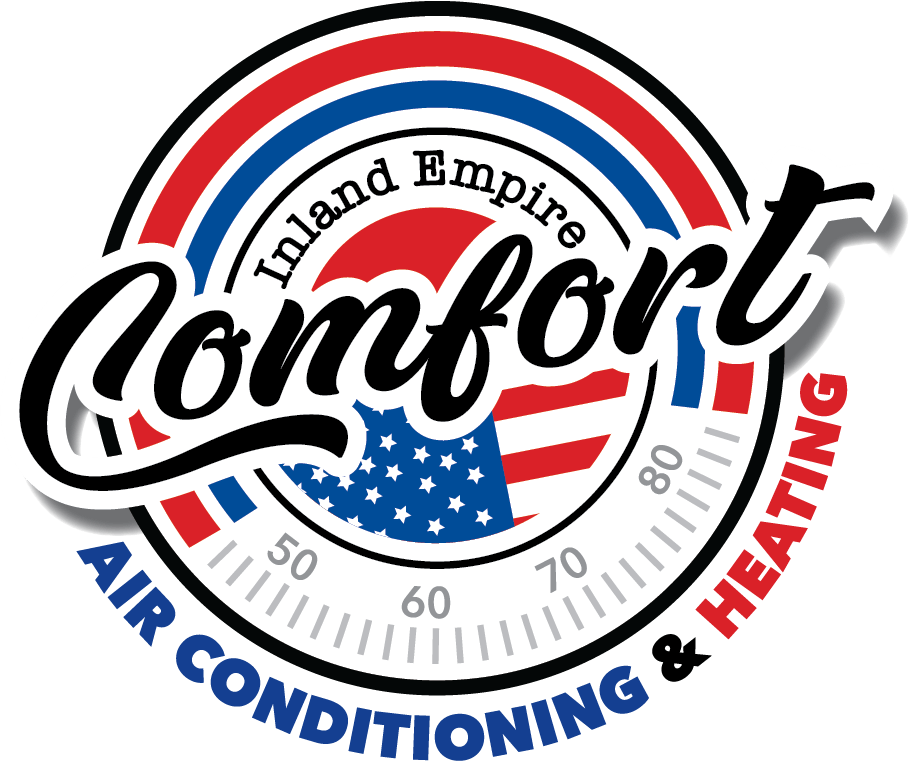Allergies from AC: Prevention Tips
When you turn on your air conditioning, you may get more than cool air blowing on you. Suddenly, you’re sniffling, sneezing, and coughing, and your throat is irritated. As air conditioning repair technicians in Riverside know, air conditioning units can circulate dust, pet dander, and other allergens into the air. These substances can be the cause of “Air Conditioning Allergies.”
Read on to learn more about allergies from AC, what you can do to tackle the problem, and how the experts at Inland Empire Comfort Air Conditioning & Heating can help.
What are Air Conditioning Allergies?
An air conditioning allergy is not an allergy to the AC itself. Instead, it is a reaction to one or more of the allergens that the AC unit is circulating in your home. Allergies from AC are only an issue if you otherwise have seasonal allergies.
Symptoms of Allergies from AC
Allergy symptoms brought on by your air conditioner are the same as those experienced anywhere else. If you are allergic to pet dander, dust, or pollen, those substances circulating in your home will cause symptoms such as:
- Sneezing
- Running nose
- Watery eyes
- Itchy throat
If your allergies are more severe, you may experience difficulty breathing or an asthma attack. You may also experience swelling, redness, and rashes in some extreme reactions.
Causes of AC Allergies
There are various reasons why your air conditioner may be triggering your allergies.
Pollen
Pollen is one of the most common causes of allergies, and if you turn on your air conditioner in the spring, you will likely get hit with a higher percentage of pollen. Pollen comes in on your clothes and pets and mixes with many other irritants before your AC circulates it again and again.
Pet Dander
If you have pets, you have pet dander in your home. If you don't have an allergy to it, you may never notice it, but it can be challenging if you are allergic. Some people feel forced to give their animals away because the allergy is so severe.
Dust Mites
Dust is unavoidable, and within dust live dust mites, which are a frequent source of allergic reactions. Dust mites enjoy damp conditions, so they are right at home in AC ducts and air conditioners.
Mold and Mildew
These substances grow in dark, damp places like HVAC ducts and inside your air conditioner. When you turn the unit on, mold spores will mix with the air and flow freely throughout your house, triggering your allergies.
Tips to Prevent AC Allergies
Now that you know how an air conditioner can trigger your allergies and "make you sick," let's look at ways you can avoid these allergies from AC. Your AC can play a role in keeping you safe.
Clean & Replace Air Filters Frequently
This is the most crucial step in reducing allergies from AC and maintaining good indoor air quality. Indoor air is more polluted than outdoor air, and your HVAC system is the only way to remedy that. Air filters protect you from additional air pollutants and filter many from the air as they circulate it.
If you suffer from allergies, you should have a HEPA filter on your air conditioner. HEPA filters are the best air conditioning filters for households with allergies. HEPA filters can block nearly 100% of harmful particles in the air, including dust mites, mold spores, and pet dander.
Get an Air Purifier
Air purifiers also use HEPA filters, and they take additional allergens out of the air using electrostatic fields, which attract large and small particles to keep them out of the air. Even microparticles of dust, bacteria, mold, and pet dander are pulled into the cleaner and neutralized.
Clean Your Condenser Coil
The outside portion of your AC, called the condenser, is often a culprit for allergies from AC. The condenser coil, which filters out dust and debris from the air, can become dirty, causing it to operate less efficiently. Even its dehumidifying ability can suffer, making your home more susceptible to mold and mildew. Regular cleaning of the condenser coils will keep the unit working at top form.
Clean Your HVAC System
Routine maintenance on your HVAC system is necessary to keep allergy risks under control. This includes:
- Cleaning your HVAC ducts
- Cleaning your condenser coils and removing debris from on and around the unit
- Cleaning or replacing dirty filters
Check for leaks and any signs of pooling water, mildew, or mold growth. Not only can mold cause allergic reactions if you are sensitive to it, but some types of mold can make you and your family very ill. Mold and mildew require special cleaning to ensure that you thoroughly remove the roots and the surface growth.
Remember Your Seasonal Tune-ups
Your entire HVAC system, including your air conditioner, should be professionally cleaned and adjusted at least once a year by a professional HVAC technician. During a tune-up, our technicians will do the same cleaning and maintenance you’ve been doing, plus more intensive cleaning in the system itself.
Regular check-ups and seasonal tune-ups improve your indoor air quality and enhance the life of your HVAC system. Our technicians will inspect every AC component, ensuring that it works correctly and efficiently.
In between service visits, if you notice a musty smell in the air, it is most likely not the change of seasons or temperatures outside. Smelly air could indicate an issue with your condensate line, so call the professionals at Inland Empire Comfort Air Conditioning & Heating to resolve the problem and eliminate the “dirty sock” smell.
Air Conditioning Services in Riverside, CA
Your home should be your refuge from everything, including allergy symptoms. At Inland Empire Comfort Air Conditioning & Heating, we pride ourselves in superior customer service, treating your home like our own. We put your safety and comfort first, helping you eliminate allergies from AC with efficiency.
If you would like to learn more about indoor air quality services
offered by Inland Empire Comfort Air Conditioning & Heating and how our professional HVAC technicians can assist you with your heating and cooling needs, call us today at
951-336-8709 for more information or to schedule an appointment.
You might also like
Inland Empire Comfort
Book a Service Today
We will get back to you as soon as possible
Please try again later
Location
19071 Newsome Rd Riverside, CA 92508
NAVIGATION LINKS
All Rights Reserved | Inland Empire Comfort



